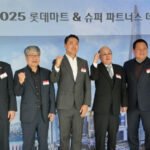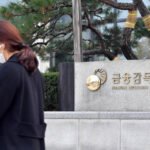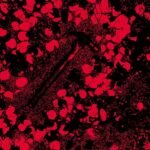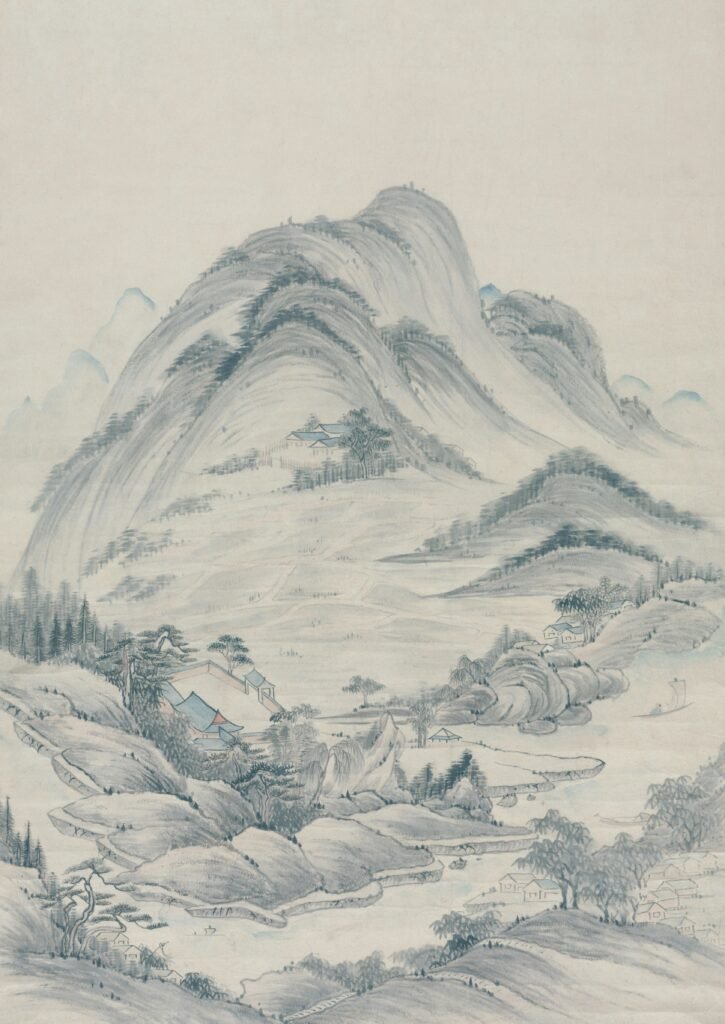SK E&S completed the world’s largest liquefied hydrogen plant in Incheon, South Korea, in May 2024 (Courtesy of SK E&S)
SK Group on Friday launched the merged entity between SK Innovation Co. and liquefied natural gas supplier SK E&S Co., a key step in the energy-to-telecom conglomerate’s ongoing restructuring amid a slowdown in electric vehicle demand and rising geopolitical uncertainties.
SK Innovation, the parent of South Korea’s largest oil refiner SK Energy Co. and battery maker SK On Co., absorbed the country’s top city gas supplier to create Asia’s largest energy company, excluding state-run utilities, with 105 trillion won ($76.3 billion) in assets as of the end of June.
SK E&S, with a steady stream of cash flows, will be rebranded as SK Innovation E&S as a company in company within SK Innovation, said the two companies.
Their merger came a few months after SK On absorbed SK Trading International Co. The trading company is being managed as a company in company under the name of SK On International.
As part of efforts to shore up its bottom line, SK On is also set to take over SK Enterm Co., an operator of storage tanks and dock facilities for crude oil and petrochemical products, on February, 2025.
After the series of mergers, SK Innovation’s business portfolio will span oil refining, petrochemicals, LNG, battery and renewable energy.
In the second quarter of this year, SK Innovation narrowed losses to 45.8 billion won, versus 106.8 billion won in the year prior.
By comparison, SK E&S earned 192.8 billion won in operating profit in the same period, down 34% on-year from 291.3 billion won.
SK Inc., the investment and holding company of SK Group, owns 36.2% of SK Innovation and 90% of SK E&S.
By Hyung-Kyu Kim
khk@hankyung.com
Yeonhee Kim edited this article.















